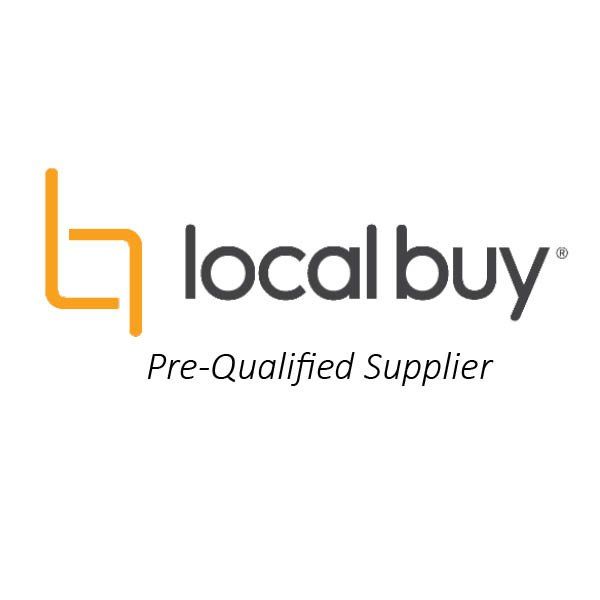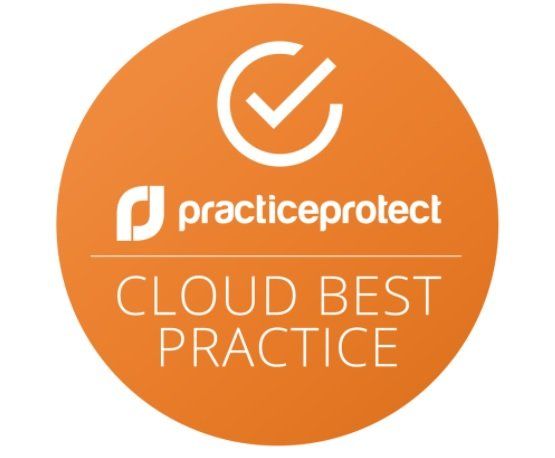It’s now a criminal offence to intentionally underpay your employees.
Here’s the lowdown on the new Voluntary Small Business Wage Compliance Code and what it means for your business.

Paying your employees the correct amount is an important part of being an employer. To tighten up this process, the Australian Government has just introduced a new Voluntary Small Business Wage Compliance Code, that makes underpaying your employees a criminal offence.
So, what counts as an underpayment? And are there any exemptions to the new Code?
What is the Voluntary Small Business Wage Compliance Code?
From 1 January 2025, intentionally underpaying an employee’s wages or entitlements can be a criminal offence. This doesn’t include honest mistakes – for example, if accidental payroll errors are made. But the new Voluntary Small Business Wage Compliance Code (or the Code) does now make it an offence to intentionally underpay a team member.
The Fair Work Ombudsman can investigate suspected criminal underpayment offences and refer suitable matters for criminal prosecution. If, as an employer, you’re convicted of a criminal offence, a court can impose fines, prison time, or both.
What constitutes ‘underpaying an employee’?
No employer wants to be faced with criminal proceedings for failing to pay an employee correctly. So, what does underpayment mean in this specific context?
Underpayment may include:
- Not paying sufficient wages, including penalty rates, overtime rates and allowances (or not paying them at all).
- Not paying amounts required by the applicable award or enterprise agreement.
- Not paying other entitlements, for example superannuation for some employees.
Are there any exemptions?
There are some exemptions to the new Code. In some limited circumstances, the criminal offence won’t apply to particular entitlements.
The exceptions broadly apply to:
Employees in New South Wales, South Australia, Queensland, Tasmania and Victoria who are employed by sole traders, partnerships, other unincorporated entities, or non-trading corporations. Most Victorian state government employees. Tasmanian local government employees.
Get up to speed with the Code and wages compliance
You can get a full breakdown of the new Code, and your wages compliance responsibilities as an employer in the new Guide To Paying Employees Correctly.
If you’re concerned about meeting this new compliance checklist, or how it will affect your day-to-day payroll activities, please do get in touch with the team.
Our Services
a
Businesses
Business Advisory
Rural Accounting
Tax Planning
Accounting Software
Business Start-up
Business Structure
Company Administration
a
Personalise
Tax Returns
Superannuation
Trusts
Rental Property
Estate Planning
Succession Planning
a
Community
Clubs and Associations
Grant Applications
Contact Us
a
Office Location
68 Ash Street, Barcaldine QLD 4725
Postal Address
PO Box 104, Barcaldine, QLD, 4725
Phone: 07 4651 1341
Email: admin@walshaccounting.com.au
ABN:
59 330 650 357
 CPA
CPA
 NTAA
NTAA
 Tax Agent
Tax Agent
 Local Buy
Local Buy
 PracticeProtect
PracticeProtect
 MYOB Gold Partner
MYOB Gold Partner
 Xero Silver Partner
Xero Silver Partner










